Cognitive development by Piaget (Preoperational stage or intelligence)
By: HWC
Date Uploaded: 05/11/2020
Tags: homeworkclinic.com Homework Clinic HWC Cognitive development proposed by Piaget preoperational stage centration beaker experiment
The next stage of cognitive development proposed by Piaget, is the preoperational stage, roughly between the ages of 2 and 7. At this stage Piaget asserted that a child has what he called preoperational intelligence. hey can mentally representing objects, but do not have a system for organising their thinking. So children at this age and stage are intuitive rather than logical thinkers. Children at this age are also egocentric and have difficulty distinguishing their own perceptions and the perceptions of others. For example, if a preoperational child covers their eyes so they can't see someone, they think that that person can't see them either. Piaget also claimed that a preoperational child has ridged thinking. At this stage they are completely fixed on one point, and they can't seem to see the wider picture. For example, a child at this stage focuses only on the height of two containers rather than both the height and width when determining which has the biggest volume. This is called centration. Piaget also stated that children at this stage lack the ability to understand conservation in that they don't realise that two things can have the same properties even if they appear different. This is one of Piaget's most well known experiments. Preoperational stage children will not understand that if you pour the contents of the short beaker into the tall beaker, that the amount of liquid remains the same. They will assume that the tall beaker contains more liquid, even though they may have seen the liquid being poured from the short to the tall beaker, or poured it in themselves.
Add To
You must login to add videos to your playlists.
Advertisement



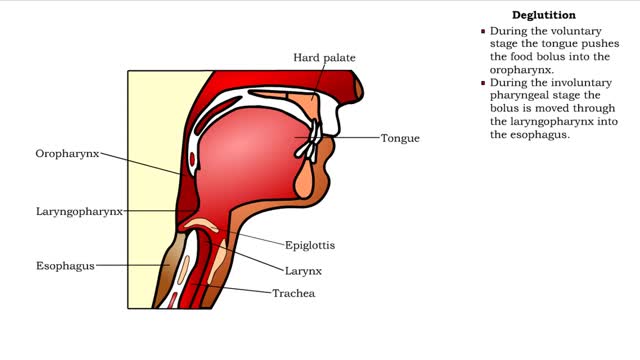
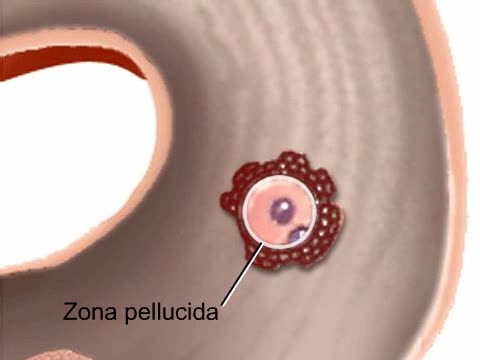
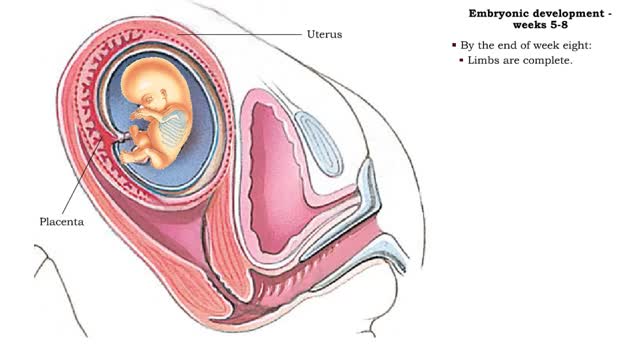
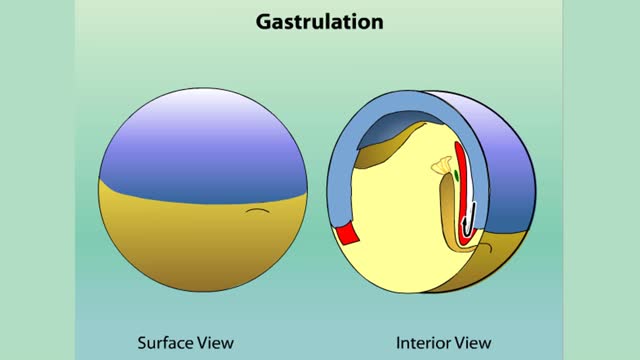
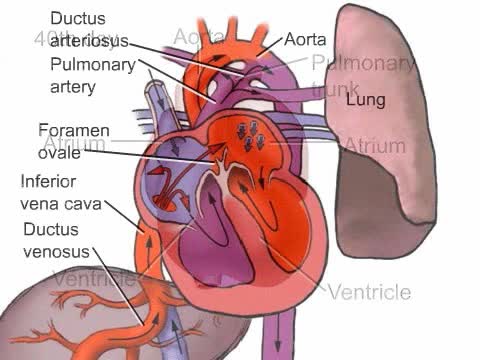


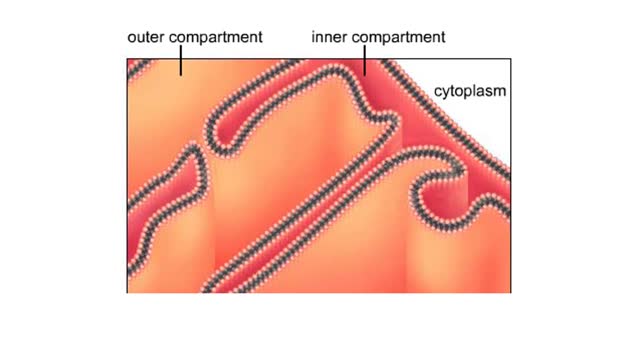
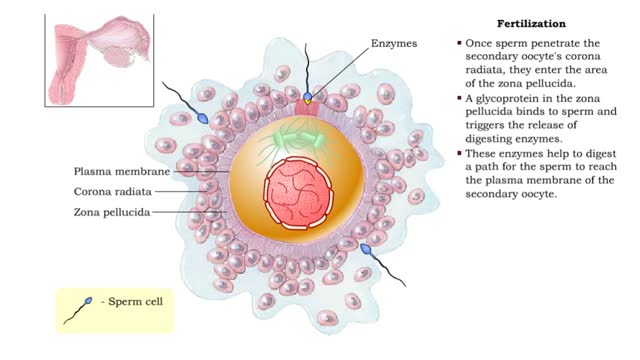
Comments
0 Comments total
Sign In to post comments.
No comments have been posted for this video yet.